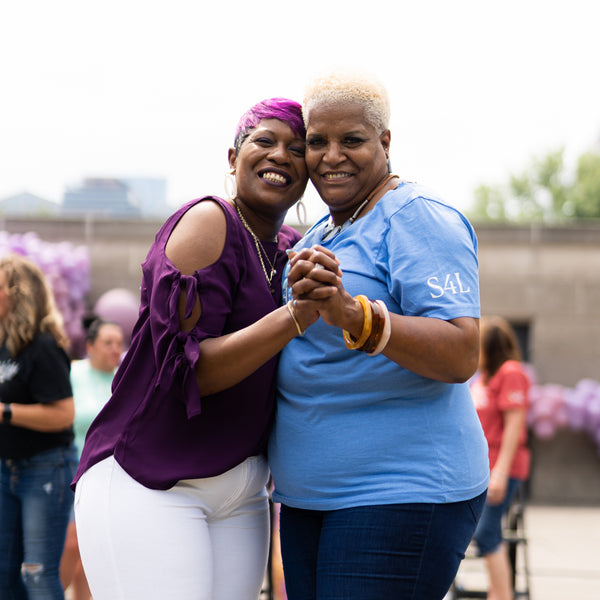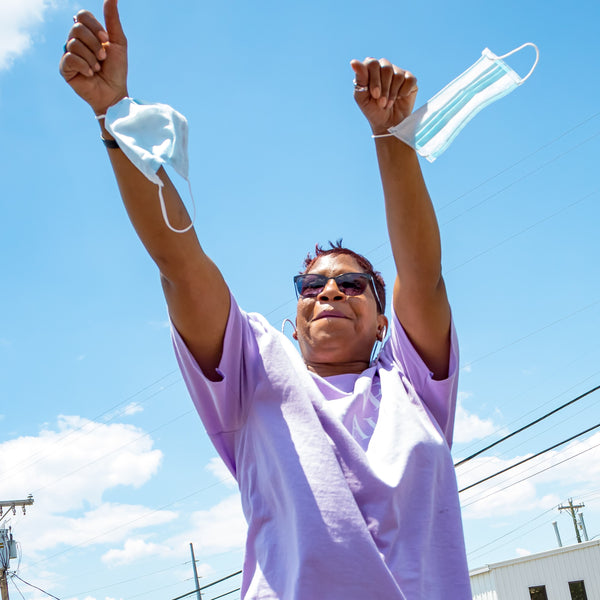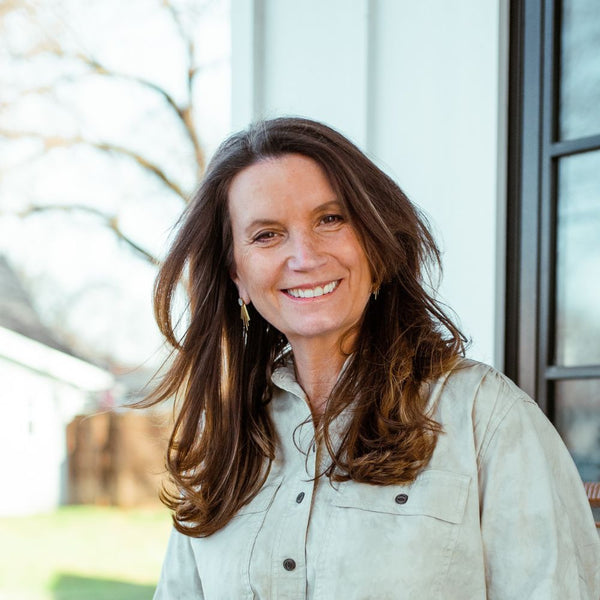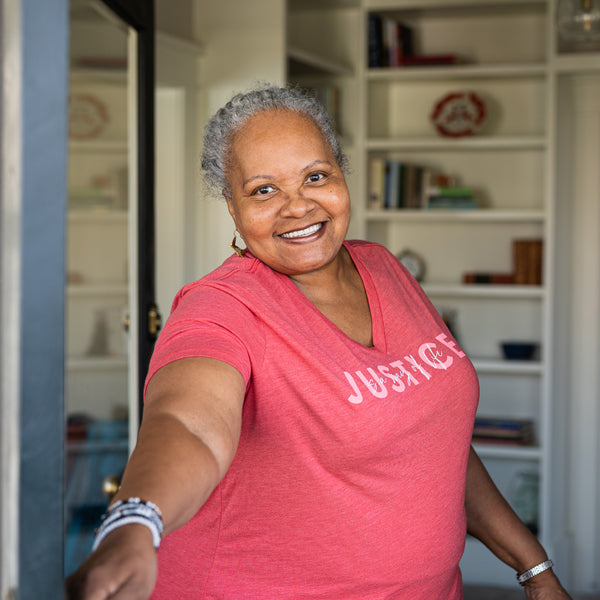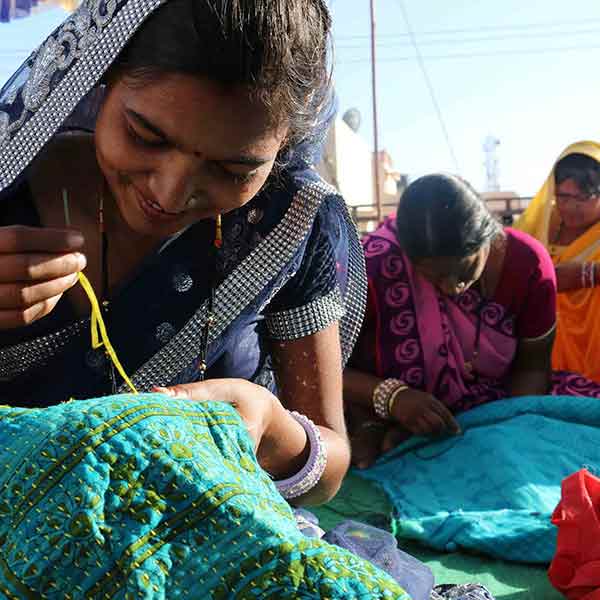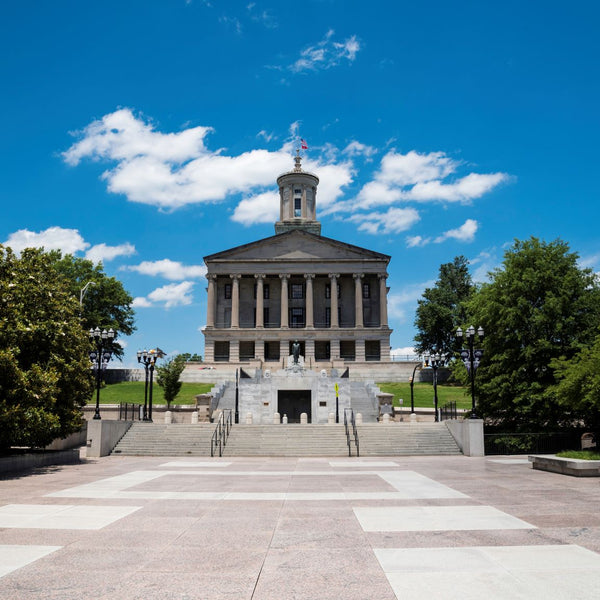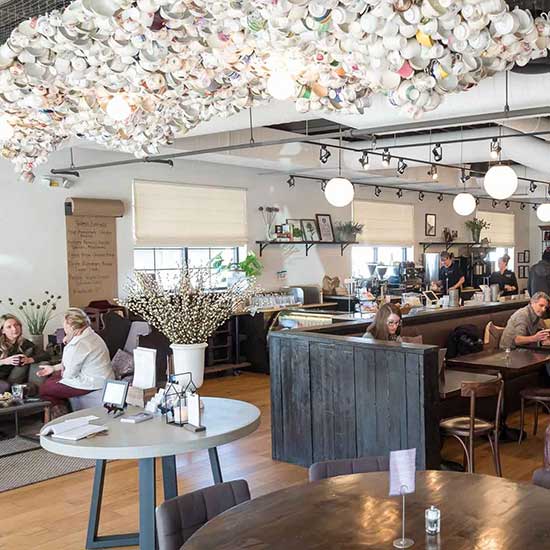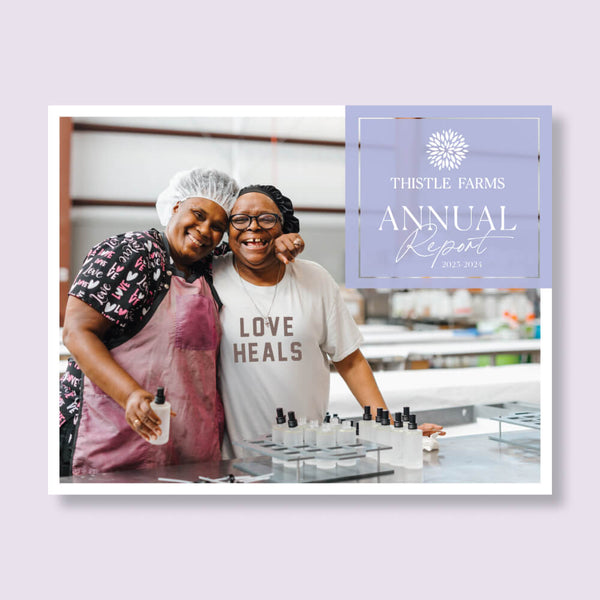How the Black Women Around R. Kelly’s Case Feel About His Conviction
The woman was taking a nap when her phone began buzzing — and buzzing, and buzzing: A verdict had been reached in the trial of R. Kelly, one of the biggest names in R&B music.
Two weeks earlier, the woman had testified under a pseudonym — Angela — at Mr. Kelly’s trial, telling jurors that the singer began sexually abusing her when she was underage. Her accusations were not part of the charges of which Mr. Kelly was convicted. But 30 years after Mr. Kelly began abusing her, her testimony helped convict him.
“When I heard guilty, I immediately burst into tears,” she said. “I cried for quite a while.”
She said she had watched the stories of other women who looked like her be brushed aside before. “Black women are overlooked so often because people say, ‘Well, you dress this way, look that way. You acted that way, you put yourself in that situation,’” she said.
But this time the response was unfamiliar: “Not only did they see us, did they hear us — they believed us,” said the woman, who agreed to be identified using her trial pseudonym.
Mr. Kelly’s case has been widely viewed as a crucial moment for the #MeToo movement, serving as the first high-profile trial since the national reckoning around sexual misconduct to feature a powerful man whose victims were primarily Black women.
In the days and weeks that preceded the jury’s verdict, many observers said they feared the stories from a group of Black accusers, no matter how harrowing, might be dismissed.
Instead, Mr. Kelly’s conviction on Monday was viewed by many as a powerful validation of the accounts of both those who took the stand against him and others whose stories have never been made public.
“For years, I was trolled for speaking out about the abuse that I suffered at the hands of that predator. People called me a liar and said I had no proof,” Jerhonda Pace, who became the first woman to ever testify against Mr. Kelly at a criminal trial, wrote on Instagram after the verdict. “I’m happy to FINALLY close this chapter of my life.”
But whether Mr. Kelly’s trial and conviction represents a broader shift toward better treatment of Black victims of sexual abuse is still unknown.
“This moment will go one of two ways,” said Mikki Kendall, an author from Chicago who has written about feminism and intersectionality. “Either we will finally say that Black women and girls deserve to be protected. Or we’re going to say again, as we have, this idea that Black girls are ‘unrapeable’ because of their skin color.”
She added: “We’re making a choice here in the #MeToo movement.”
The issue of whose stories are prioritized has been central in the recent activism efforts.
When Tarana Burke, a Black woman, started the original iteration of “Me Too” around 2007, she hoped to use the phrase to raise awareness of sexual assault and connect victims to resources. But observers noted that the effort had not been supported by prominent white feminists. And when the actress Alyssa Milano tweeted the same words a decade later, it spurred concern that Black women would be left out of the story.

Black women also spoke out in some of the most high-profile cases involving influential men like Harvey Weinstein and Bill Cosby. But as white women and girls made up the majority of accusers, their stories began to define the mainstream campaign for some.
“I didn’t even know that the #MeToo movement was for us, Black women,” the singer Sparkle said in an interview after Mr. Kelly’s conviction.
She testified in a Chicago courtroom 13 years ago that Mr. Kelly was the man seen in a video urinating on and having sex with her teenage niece. But even after others shared similar stories during Mr. Kelly’s first criminal trial, in Chicago in 2008, jurors acquitted him of the child pornography charges against him.
“Back then — and still today — Black women aren’t really cared about,” said Sparkle, whose real name is Stephanie Edwards. “If Robert did what he did to white women, we wouldn’t even be here.”
To legal experts and advocates for victims of sexual assault, who have long warned that Black women and girls face deep challenges in raising accusations of sexual abuse and rape, the perception was not surprising.
They point to data that shows Black women are disproportionately more likely than most to experience sexual abuse or violence, but less likely to report it in some situations. The concurrent hardships of sexism and racism form a dynamic known as misogynoir.
To some, these factors explain what, until Monday, was a decades-long failure to bring Mr. Kelly to justice.
“We needed a first trial, a video, a marriage license, a docuseries, a social media campaign, organizers in town — all just to get to this moment within the criminal legal system,” said Treva B. Lindsey, a professor at Ohio State University. “I don’t think that bodes well for the overall treatment of Black girls and women who’ve been sexually violated.”
She added: “If we need this level of sexual predation to get an acknowledgment that Black women and girls are enduring a disproportionate amount of sexual violence compared to the broader population, I think that’s actually a really sad sign.”
But the cultural climate has also shifted dramatically since the allegations against Mr. Kelly first began to surface.
There is a broader willingness to listen to and believe the stories of survivors, experts say, and the awareness of the prevalence of sexual assault has grown in recent years. And to some, there was value in the nature of the case against Mr. Kelly itself, constructed around a racketeering charge that placed his enablers at center stage.
“There isn’t a person who’s been in Chicago for 20 years that doesn’t know a survivor or an incident around sexual violence with R. Kelly,” said Scheherazade Tillet, the founder of A Long Walk Home, a nonprofit based in Chicago that works around those issues. “It is deep in our culture here as Black people — we all knew that there was something that existed.”
She added: “Thinking about yourself as a participant in an organized crime — by watching a video of R. Kelly, being that bodyguard who allowed something to happen — I think is an important cultural shift. And I really think that’s the only way we can end sexual violence.”
Still, others say the trial spotlighted a need for continued progress in how matters of consent, autonomy and sexual assault are discussed across society and in some Black communities in particular.
Those who study the intersections of race and sexual assault have long noted that Black women face unique challenges when accusing Black men of abuse or assault, attributing it to a variety of factors: distrust in the criminal justice system; a history of false accusations against Black men from white women; and a desire to protect Black men.
Kimberlé Williams Crenshaw, a professor at Columbia Law School and U.C.L.A. School of Law who has studied the subject, said she hopes the current moment changes the narrative, in which Black women’s accusations are equated to “not being loyal to Black men and opening them up to abuse and unfairness.”
In Mr. Kelly’s case, a substantial audience once regarded him as the victim of a deeper, racist conspiracy to keep successful Black men from thriving. That perspective has largely faded, but his trial highlighted other deep-rooted beliefs still in need of change, said Kenyette Tisha Barnes, who co-founded the #MuteRKelly campaign to boycott the singer’s music.
“We’ve got to get real about the culture of sexual violence in our community,” she said. “It’s an ugly story to unpack, but we’ve got to rip the scab off and let it bleed through.”
And to Ms. Burke, the woman who created #MeToo, the current moment demands that more attention is directed to the realities of the problems at hand — so R. Kelly is not viewed as an anomaly, but a stark example of behavior that “happens in our communities every day.”
“There needs to be a shift in how we talk about sexual violence inside of the community so that when there are real-life cases, there’s a reference that people have in their mind,” Ms. Burke said. “And it becomes more than just ‘This is probably false because that’s what history has shown,’ because that’s gotten conflated. R. Kelly is in no way Emmett Till.”
But even as the focus turns to the future, some of Mr. Kelly’s accusers are holding on to the current moment.
Kitti Jones, who is from the Dallas area, said much of her life felt “heavy” in the years since she accused the singer of sexual coercion and physical abuse during their two years of encounters after she met him in 2011.
Ms. Jones was not part of the trial, but the verdict arrived as “vindication” after the intense backlash she and others received for speaking out, she said.
“No amount of jail time can turn back that clock,” said Ms. Jones. “But we can certainly begin to reclaim our lives now and feel a little bit of normalcy. We’ve been through hell.”
Ms. Jones said she hopes the conviction sends a simple message to other survivors: “Don’t allow your abuser to continue to silence you,” she said, “and speak your truth no matter what.”
Emily Palmer contributed reporting. Kitty Bennett and Susan C. Beachy contributed research.
